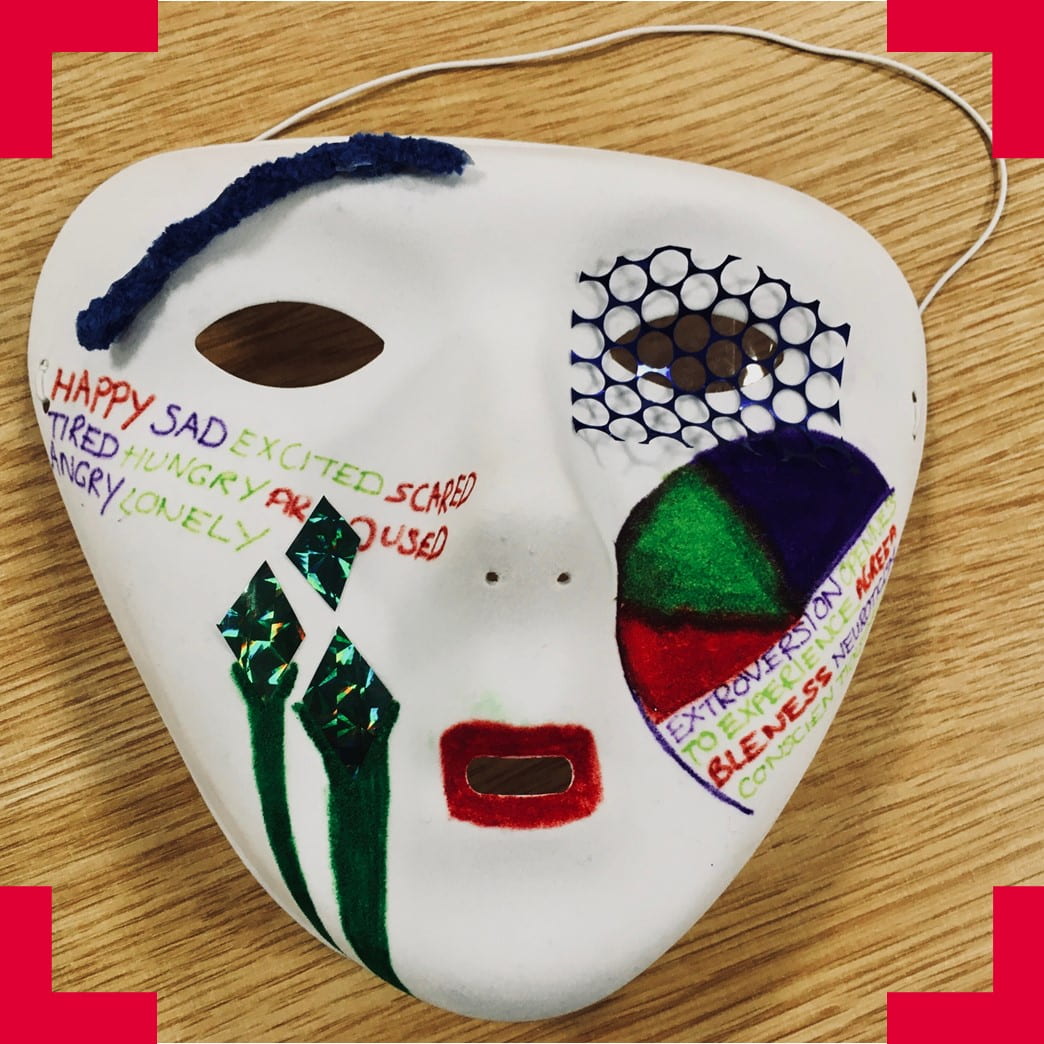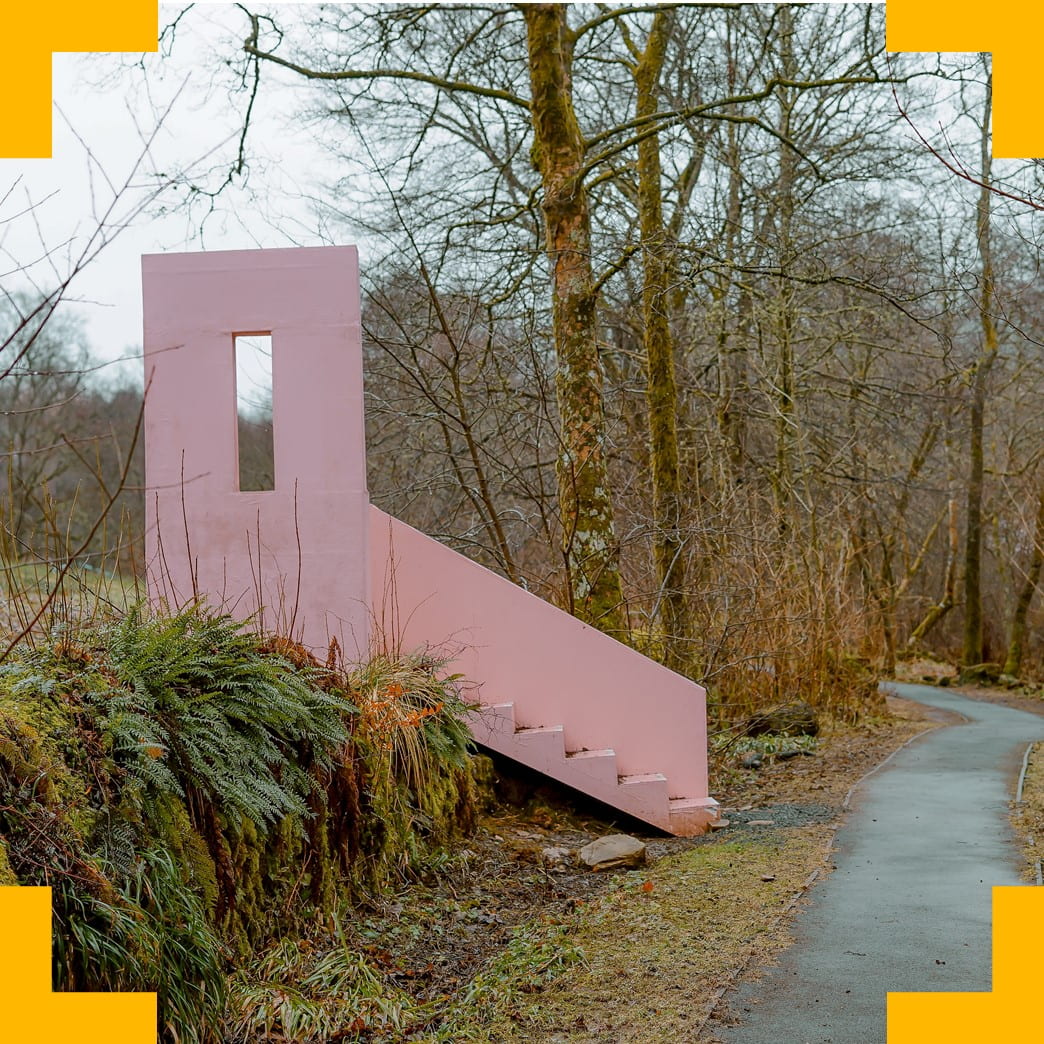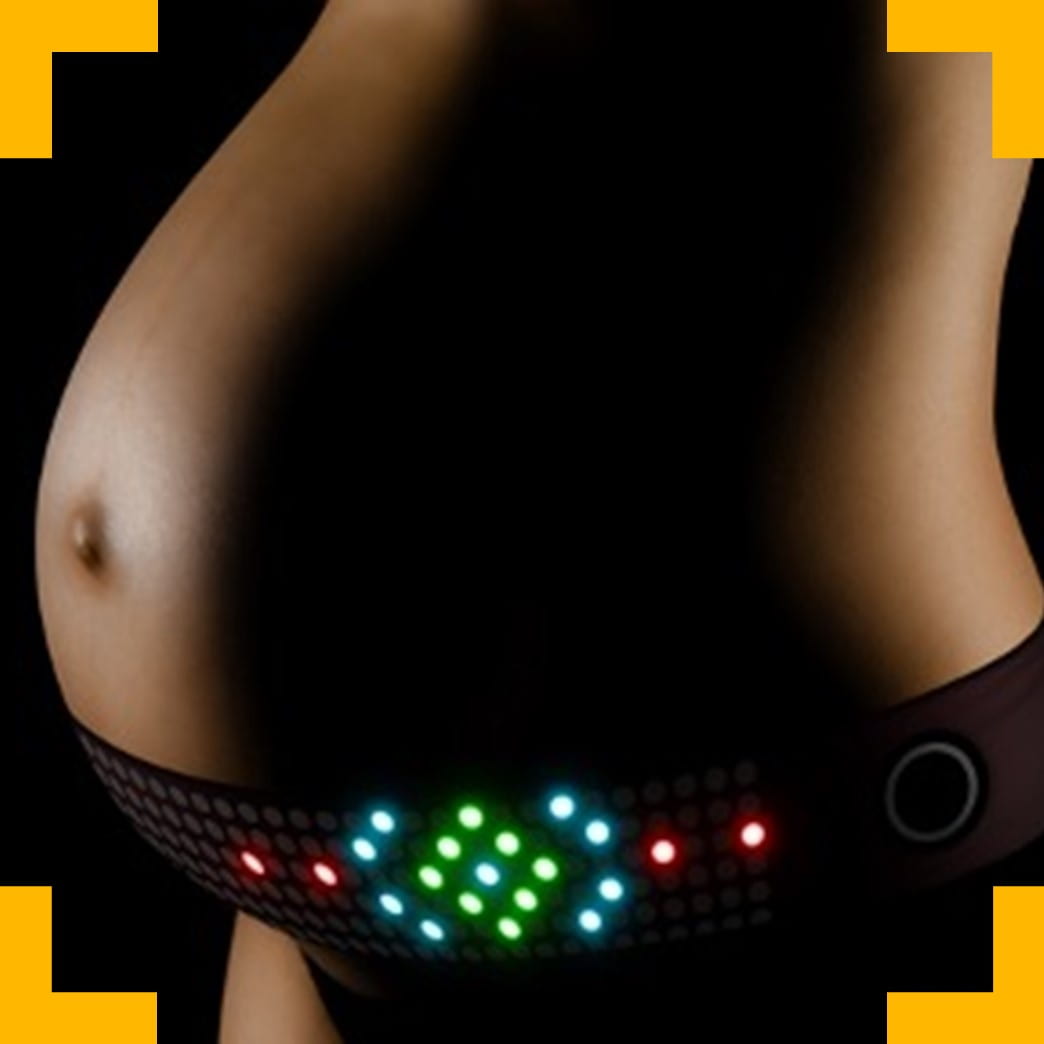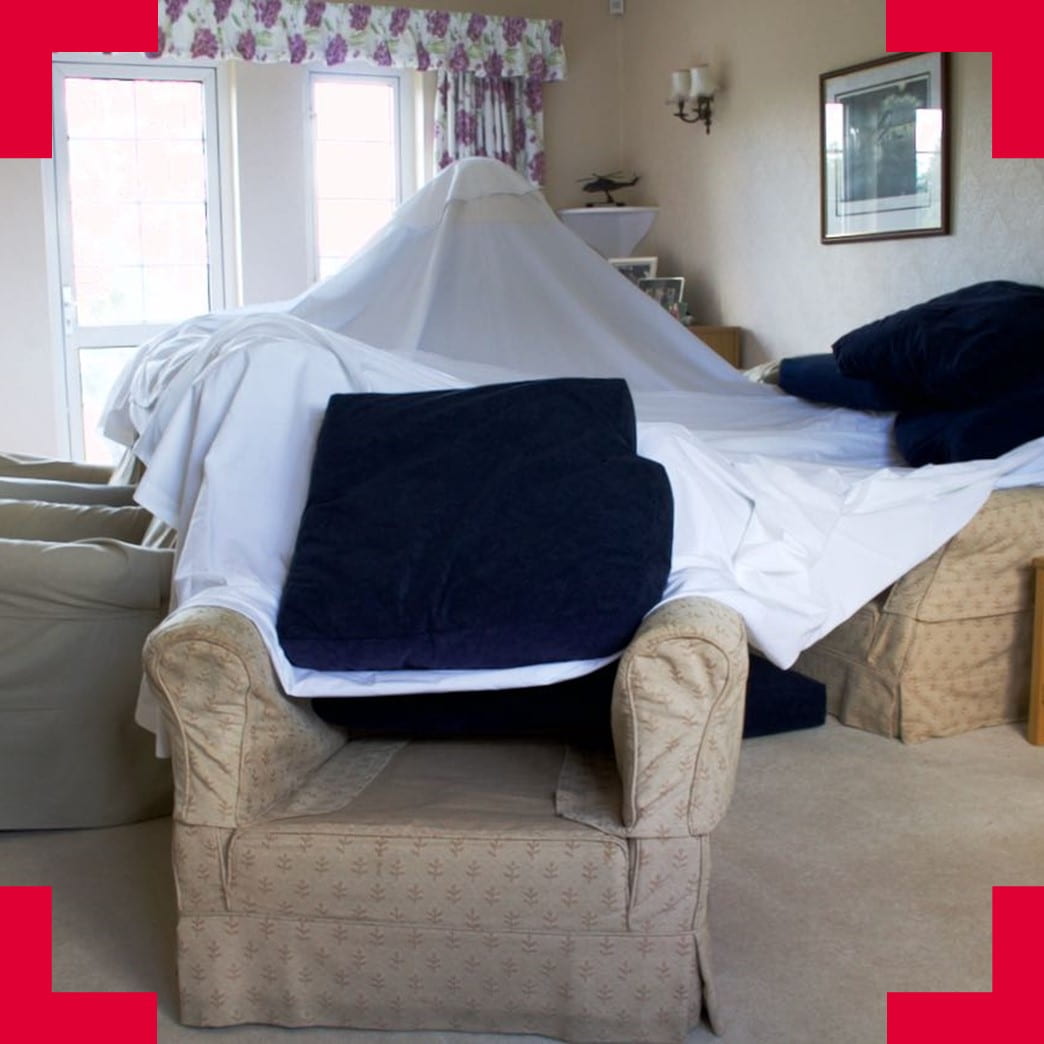-

Practical Help Achieving Self-Empowerment (PHASE) is a group of organisations composed of PHASE Worldwide, PHASE Nepal, and PHASE Austria. PHASE Worldwide (UK Registered Charity) was founded in 2005 to support PHASE Nepal’s (Nepali Non-Governmental Organisation/Community Based Organisation) programmes aimed at …

Brigstow brings researchers from different disciplines together with a range of partners across the city and beyond to experiment in new ways of living and being.








